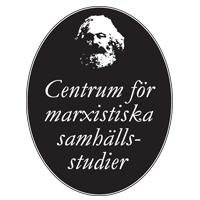The conference hosted by the Centre for Marxist Social Studies (CMS) and transform! europe deals with the central questions: How to battle insecure jobs, insecure housing and how to organize the precariat?
[nl] Precarious life, a new yet still familiar situation for many people living in Europe as well as in the rest of the world. Some sociologists started using the term the precariat as a new not class-for-itself, but a class-in-the-making, when they describe the masses of workers not included in the traditional sense of the working class workers, with contracts, steady jobs on a regulated job market. The workers in precarious situations face a constant struggle to balance between social benefit regulations and short time employments on a sometimes black or grey market. A large part of the service sector now consists of jobs with short term, part time contracts, most of them taken by women. Employers don’t want to pay for salaries at times with little business, and workers are now used to the idea that you can’t actually live on a paycheck from the service sector. This is a trans-european situation, as well as a transglobal one and we need to address this.
Programme
Speakers:
- Mikko Jakonen (Researcher at the University of Jyväskylä): on precarity, a discussion on the precariat as the “working class 2.0”
- Edvin Sandberg Fridh (CMS): On the privatization of housing in Stockholm and the trend towards a shrinking of the commons
- Barbara Steiner (transform! europe): On KPOe’s basic energy strategy
- Cornelia Hildebrandt (Rosa Luxemburg Foundation) Results of 10 years of neoliberal laws in Germany
- Stavros Panagiotidis (researcher at Nicos Polantzas Institute, Athens): On Greece and precarity
- Christina Andrade (cul:tra) on precarity in Portugal before and after the crises,
